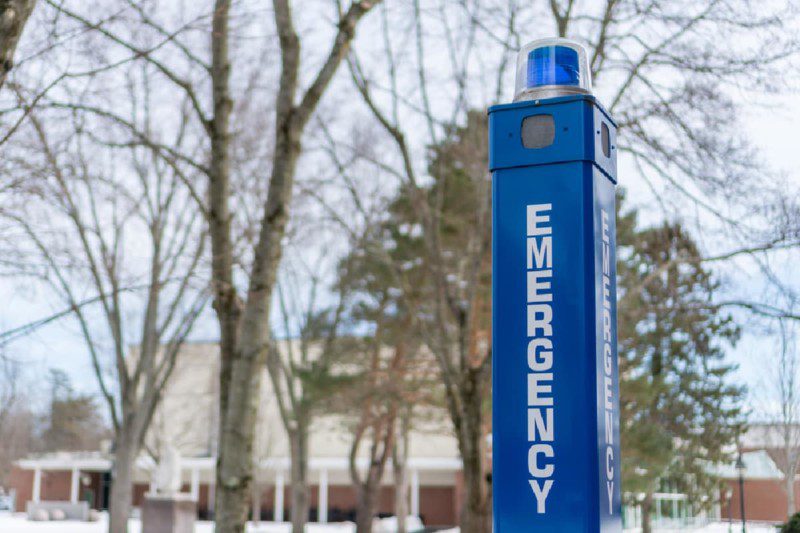University administrators are responsible for protecting their students and staff and making them feel as safe as possible by implementing certain set policies and procedures. Safety is paramount because a university is where students and lecturers should feel free to engage in academic discourse without interruption.
Because of past incidents like school shootings, security has become a significant concern to everyone, especially parents and guardians. That said, administrators must demonstrate how prepared lecturers and the entire staff are in case of any security threat. It’s ideal to invest in finding information to access control for schools for proper safety among universities.
Below are some initiatives that administrators can take to improve safety among universities. Read on to learn.
1. Communicate The Security Protocols
Proper communication can be an issue for some universities. It’s either the safety protocol is not well communicated, or the institution lacks safety protocol.
To strengthen safety and security, it’s essential to set proper safety protocols for certain incidents and communicate them to the entire campus community—students, lecturers, security personnel, and support staff. The protocols should include which incidents can be reported and who to report to. Students and teachers should be allowed to share feedback after participating in a drill to help make necessary adjustments to routines and procedures.
2. Provide Proper Lighting
It’s critical to install and maintain adequate lighting in all the surrounding areas of the university to keep staff and students safe. This provides proper lighting to everyone walking on campus at night, making them feel safe, as dark areas increase the risk of incidents. Administrators must ensure all lights are in good working condition. The more light there is, the lesser risk of bad behavior or scenarios that can pose security threats to staff members.
3. Have Adequate Security Apparatus
Administrators should hire professional security personnel in the university and keep unauthorized people off campus. This can help discourage violence and criminal behavior in the university. Moreover, inform your security personnel that their crucial role is to be swift in responding to emergencies and heighten observation of students.
Security cameras can be set up in strategic areas around campus, like in student hostels, the administration area, and the main entrance. Security cameras can also deter unwanted behavior because they record all actions and are visible to the authorities. Moreover, the cameras can help increase response times.
4. Conduct A Campus Risk Assessment
Administrators should regularly conduct a comprehensive risk assessment for the entire university to know if they’ve implemented the most effective security technologies. A thorough risk assessment would include analyzing every entry point, including visitor access areas, hallway cameras, and resting areas. This can help point out sections that need improvement in terms of upgrading them to prevent any future incidences.

5. Improve Online Safety
Administrators need to organize for students and staff to be educated on protecting themselves on all digital platforms and promoting safe internet usage. Posters and emails with online safety tips can help to educate students on how best to navigate the online world. In the current world, cybersecurity is of utmost importance as it prevents many unwanted problems like cyberbullying, online piracy, and false information generated online for different dubious intentions.
6. Develop Crime And Incident Reporting Processes
Administrators should put processes in place to eliminate the barriers that stop students from coming to them with any incidents that have happened. You can also implement anonymous reporting platforms to allow frightened students to report any incidents. In addition, counseling services can be made available to allow students to open up about any problems they might face.
Policies that encourage reporting information play a vital role in closing loopholes that administrators could miss. Moreover, it enables them to be in tune with what is happening in their universities.
7. Training For Emergencies
Administrators should review the existing protocols for the university as there could be instances of intruders and armed hostage threats. It’s best to perform emergency drills often to encourage everyone’s awareness of the emergency protocols for the university. The more emphasis is placed on training, the better equipped and prepared they become to deal with any of the scenarios mentioned above.
In conclusion
Administrators play a pivotal role in safeguarding their respective institutions. Some of the fundamental reasons for emphasis to be placed on the initiatives discussed is to encourage a safe and free environment for both students and lecturers to enjoy. Universities are places students a long time in and, therefore, must be safeguarded at all times.





